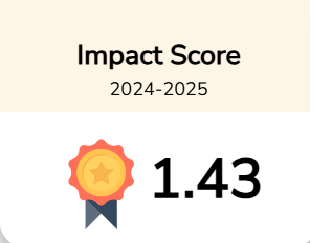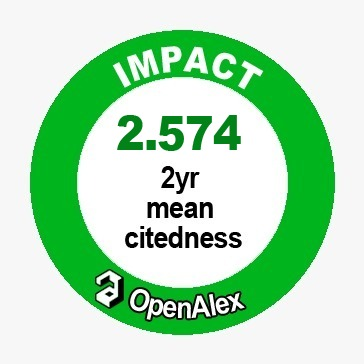Factors influencing acceptance of the COVID-19 vaccination in Thailand: The initiate phase of introducing COVID-19 vaccines
Downloads
Purpose: Coronavirus disease 2019 (COVID-19) was first reported in late 2019. The virus led to a severe acute respiratory syndrome. It rapidly and dramatically spread, causing a global pandemic. Vaccination may reduce the disease severity and rate of infection. However, controversy and uncertainty caused people to initially be hesitant about receiving the COVID-19 vaccines. The objectives of this study were to assess knowledge about COVID-19 vaccines, attitudes toward COVID-19 vaccination, and factors associated with acceptance of COVID-19 vaccination among Thai people.
Design/Methodology/Approach: A cross-sectional study was used to collect the data at the end of April 2021. Participants (n=756) completed an online, self-administered questionnaire. Descriptive statistics, including frequency and percentage, the Chi-square test, and the Fisher’s exact test, were used for data analysis.
Findings: We found that approximately half of respondents had good knowledge about COVID-19 vaccines (50.8%) and attitudes toward COVID-19 vaccination (51.5%). We observed that age, religion, attitudes toward COVID-19 vaccination, observing respected people and colleagues being vaccinated, receiving a vaccination certificate, receiving vaccination free of charge, living in a community with high numbers of COVID-19 infections, not completely having self-protection against the infection, noticing other people did not have suitable self-protective practice, and having good self-esteem were statistically associated with the acceptance of the COVID-19 vaccination (p < 0.05).
Conclusion: The demographic and social factors influence acceptation and cooperation. In summary, we suggested that healthcare providers should consider demographic and social factors when promoting COVID-19 vaccination to increase the acceptance rate.





